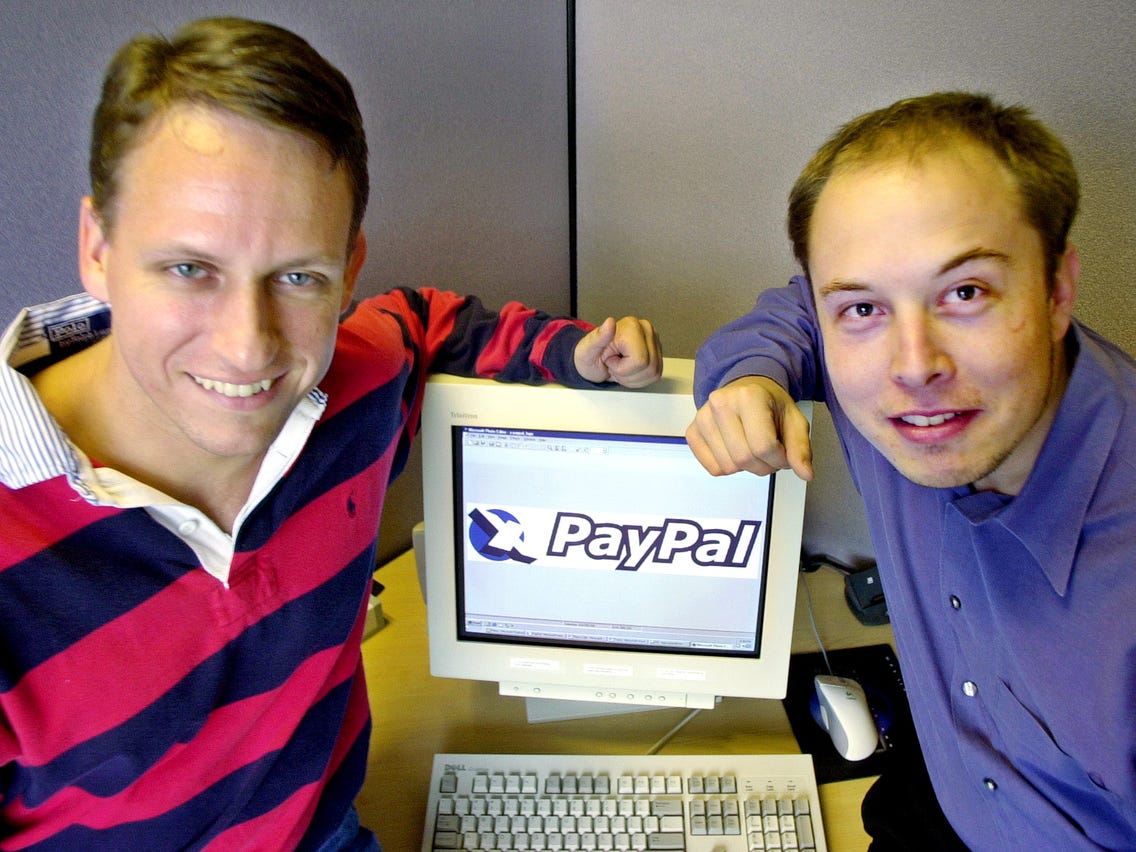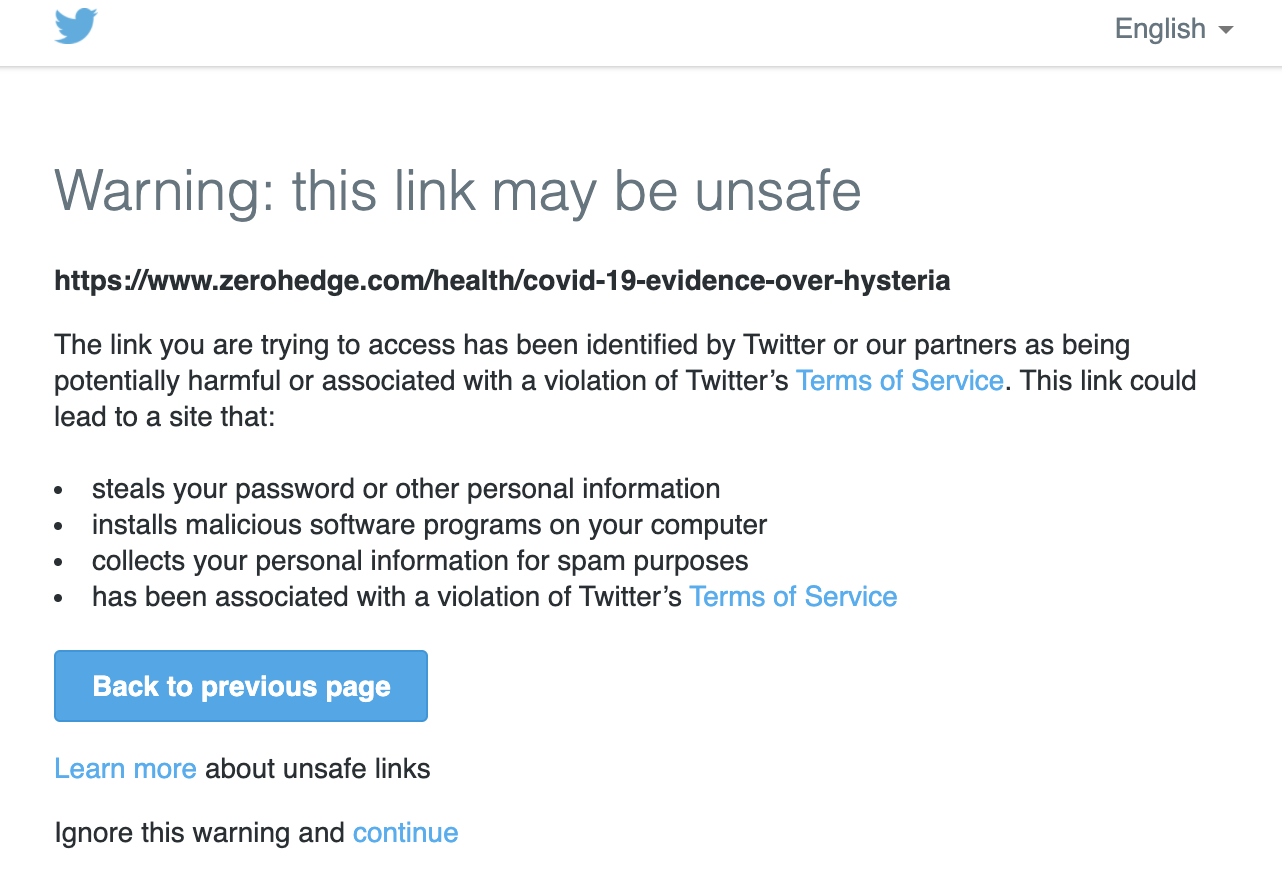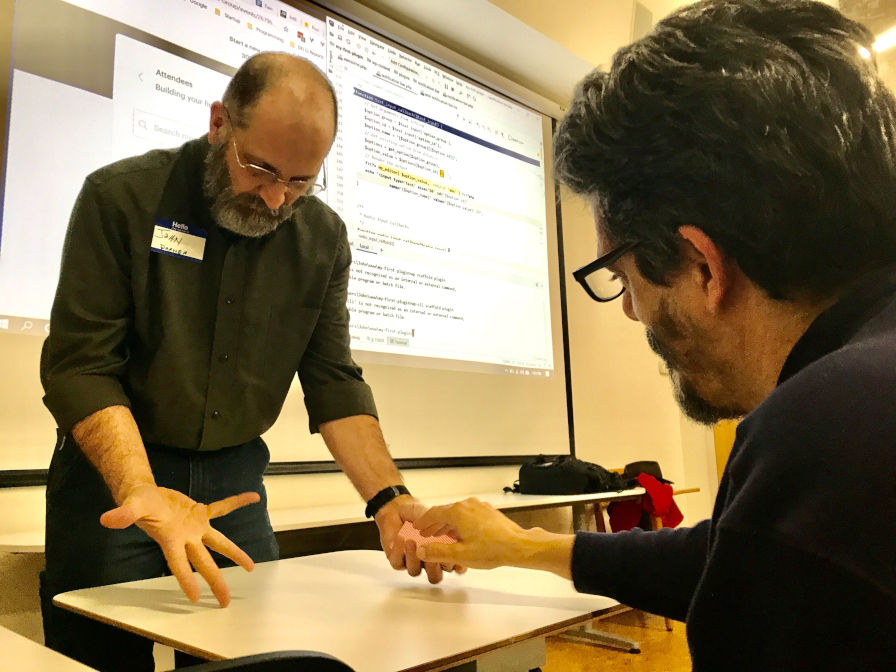Did anybody listen to Peter Thiel? In 2011, the billionaire co-founder of PayPal, dubbed “contrarian investor” by the New York Times, created the Thiel Fellowship. A collection of 24 youngsters under the age of 20 were awarded $100,000 in exchange for dropping out of college to start tech companies.
Thiel said:
I believe you have a bubble whenever you have something that’s overvalued and intensely believed. In education, you have this clear price escalation without incredible improvement in the product. At the same time you have this incredible intensity of belief that this is what people have to do…It seems very similar in some ways to the housing bubble and the tech bubble.
Thiel had struck a raw cultural nerve. For years, as the world reeled and slowly recovered from a financial crisis, the quality of higher education was rapidly degrading while tuition costs were steadily increasing.
As more colleges make the switch to online only in the response to the pandemic, and the “college experience” becomes a relic of a bygone era, one wonders what the future of the university might look like.

Does a college education still improve economic outcomes in any significant way?
For people interested in tech careers, the answer is probably no. A college education produces minimal, if any, value. In effect, the university model, with American student loan debt amounting to $1.6 trillion, seems to do more harm than good.
COVID-19 has taught the world many harsh lessons and forced us all to reckon with difficult conclusions. But it has also shown us the promise and potential we might have otherwise passed without comment.
According to the U.S. Bureau of Labor Statistics, the 2019 median salary for a web developer comes to $73,760 per year, or $35.46 per hour, with no former work experience in related occupations required. The bureau lists an associate’s degree as the typical entry-level education, which, at most colleges, amounts to 5-6 semesters—considerably smaller investment than a four year degree.
But with readily available—and free—online courses in WordPress, HTML, CSS, PHP, and JavaScript, and the ubiquity of certification programs and “boot camps,” even an associate’s degree seems like overkill. When anyone, from any background, can launch a $70,000 per year career with no more experience than a few free courses available through any public library, we have either entered an era of unparalleled prosperity—or The Twilight Zone.
Should any web developer decide to pick up full stack development skills, or expand into general software engineering, the median salary jumps up to six figures. And this is before we get to the new frontiers of big data and “the cloud.”
Instead of thinking in monotone sentiments like “learn to code,” let’s imagine a generation raised under the banner of learn how to learn.
“The computer was a tool,” says John Dorner, IT coordinator for a USDA grant program, and WordPress developer. Starting his career as a 4-H program leader and agricultural extension agent for the University of Georgia in the 1980s, Dorner discovered computing as a shortcut to efficiency.
It wasn’t so easy to learn computers in those days. Tasks any high-schooler would consider common today required deep knowledge of how hardware and software worked together. There were no hard drives. Dorner had to employ two floppy disks, one with the operating system and application and one with his data, in order to create a spreadsheet.
“Writing code without the Internet was…interesting,” Dorner recalls. Learning PHP and MySQL from a recliner, balancing a laptop on his lap, and a book on the arm of the chair, Dorner demonstrates that the will to learn can exist outside of the classroom.
During our conversation over Google Meet, we talked about the alternatives available to people young and old, and from virtually any socio-economic background, who are interested in pursuing careers in IT or development.
Before opting for an associate’s degree, there are shorter duration programs available. Boot camps and certification programs provide rigorous course work and leave their students with some experience and a portfolio—and no student debt.
Dorner says:
Most web agencies would hire people if [they’ve] got a certificate, a portfolio, or some way to prove [they] have the skills…That’s more important than a full degree. Now, if you want to work at IBM, they might require a Bachelor’s or Master’s Degree. And there is a lot you can learn in those [full degree] programs. But somebody coming out of [community college or a boot camp] can get a good job and something starting.
In addition to free courses online, Dorner suggests that WordPress can be a powerful accelerant to tackling bigger concepts in web development. The WordPress path to web mastery works in “layers.”
“WordPress is a good starting point,” Dorner says. “[You] can do a lot in WordPress without knowing any code.” Once one has achieved a level of comfort with the WordPress interface, he can start adding custom CSS rules. From there, he can try his hand at child themes. And before long, full themes and plugins.
“The more you hack, the more you learn.”
In addition to learning the WordPress interface, the learner is being exposed to deeper concepts like web servers, open source philosophy, and version control.
What is left for the universities to cover?
Everybody needs to have some general education, Dorner replies. Basic math, science, and some of the humanities help to round out a liberal education. Beyond the general education, there are life skills and experience that must happen oustide of the classroom.
Dorner not only works in IT, but creates jobs as well. During the hiring process, I asked, what’s the most important criteria an applicant must meet?
It’s very important to be a self-directed, lifelong learner. I hired someone [recently]…[She] had the minimum requirements, but she had the initiative to learn something new. She was self-taught, went out and learned the stuff, and was able to solve the problem. That was more important to me than [the credentials].
The pathways into the tech field are now baked into society itself. Every kid who learns how to Google for information is building a working knowledge of SEO. Every kid who touches an iPhone learns the fundamentals of UX. And so forth.
The question for the coming years is whether or not the university model will meet these kids on the journey to careers in tech with something unique to offer them, or if the kids can get there well enough on their own.
WordPress university was always online.




